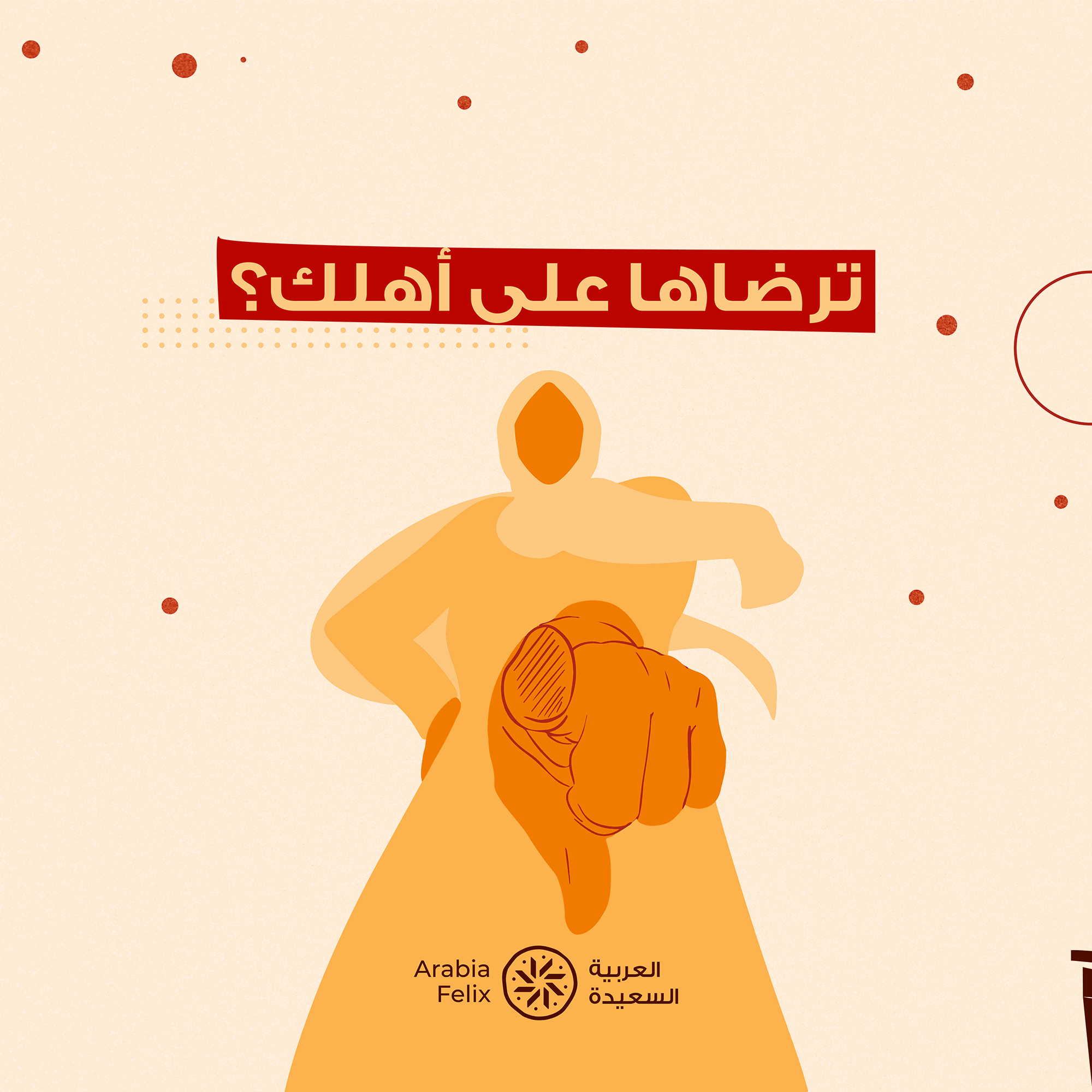In Yemen, language is a powerful tool for shaping perceptions of women, with words such as 'awrah, 'aib, and maklaf deeply entrenched in society, reflecting social values and long-standing traditions. To understand their far-reaching impact, we must consider how these terms affect women and society since women constitute over half of the population and are vital to any community.
Language as a Tool to Perpetuate Stereotypes
In Yemen, the roles and interactions of women with men have long been stigmatized due to a discriminatory culture passed down through generations. Three terms vividly encapsulate this discrimination. Women in Yemen are considered 'awrah, which implies they must be covered and protected. This belief treats women as exposed bodies that must remain hidden, limiting their movements, freedom, and ability to participate actively in society. This limitation has spread to include women’s voices and even their names, in addition to their bodies. This mindset perpetuates damaging stereotypes about women.
The word 'aib denotes what is deemed inappropriate and is used to control women's behaviour and actions within society. This belief constrains women, causing them to feel guilt and shame when transgressing these societal norms. As a result, the community perpetuates social and cultural barriers that hinder the achievement of gender equality.
Words like 'awrah, 'aib, and maklaf
highlight inequality and actively
solidify harmful ideas
Lastly, maklaf refers to a woman who is entirely financially dependent on a man, seen as a burden to him. Derived from the Yemeni dialect, this term carries various connotations for the Yemeni man, encompassing expenses, costs, in general, a cumbersome weight. By using maklaf to describe women, society reinforces the notion that women are a burden on men and that men must bear the responsibility of providing for and protecting them.
In Yemeni society, women's roles and their surrounding environment significantly impact the prevalence of certain terms that undermine their value. In some regions, social upbringing perpetuates the acceptance of these terms as part of societal norms. Journalist Defaa Saleh explains that she has observed this phenomenon due to her focus on women's issues and her media coverage of humanitarian topics.

إن استعمال ألفاظ مثل العورة، العيب والمكلف ليس من أعراض عدم المساواة فقط، ولكن يساهم فعليا في تجذير هذه الأفكار. للغة تأثير كبير على كيفية تفكيرنا وتصورنا للعالم المحيط بنا. عندما نستخدم ألفاظاً تقلل من المرأة وتحد من حريتها، فإننا نساهم في تأصيل هذه الأفكار ونشرها في المجتمع.
Words that Cut Deep
Men sometimes resort to using these terms out of feelings of inadequacy, particularly when confronted with highly educated and accomplished women. Saleh states, "Some women face challenges stemming from their professional and intellectual abilities, as well as their excellence in various aspects of work or even social relationships. This can prompt a man, who might be a husband or brother, for example, to attempt to belittle the woman." According to Saleh, these men use specific words to convey the dismissive message: "You are just a woman." This powerful statement illustrates the struggle that women in Yemeni society face.
Dr Naima Menzouk, a clinical psychology professor at Sana'a University, explains that the culture of shame and "awrah" prevalent in Arab societies prevents women from working in various fields and disciplines. "Women become victims of these beliefs, trapped and unable to pursue their aspirations, leaving them vulnerable to feelings of inferiority," she says. This often leads to women withdrawing from society and experiencing depression and anxiety.
Professor Fadl Al-Rubaie, a sociology professor at Aden University, states that "male-dominated cultures in societies impose these concepts through ancient customs and traditions, minimizing the importance of women's roles, presence, rights and dignity in society."
In Yemeni society, women's identities are obscured by titles under the guise of upholding customs and traditions. A woman is referred to as "daughter of so-and-so" before marriage, "wife of so-and-so" after marriage, and "mother of so-and-so" after giving birth, erasing her true identity.
Women, like men, are independent
human beings with rights, duties,and
a genuine presence.
Professor Al-Rubaie emphasizes that "the culture of shame and secrecy surrounding women's names in Yemeni society stems from misguided beliefs that persist despite living in the twenty-first century. Women, like men, are independent human beings with rights, duties, and a genuine presence."
Dr Menzouk stresses that many families remain oblivious to these words' profound, lasting impact on a woman's mental well-being. Raising awareness and offering psychological support is vital – the very least we can provide for women in our male-dominated Arab societies.
To address this issue effectively, we must act on multiple levels: change the language we use when discussing and interacting with women, dismantle stereotypes, and promote awareness and education about gender equality. We can all become a catalyst for change by being mindful of how we communicate with and about women in our communities. By challenging the silence surrounding these terms, together, we can make a lasting, positive difference.
Top image: Yemeni Women. (cc) Illustration by Arabia Felix
Mid-text image: Phrases used by some men to incite others against women. (cc) Illustration by Arabia Felix as part of their 16-day campaign against gender-based violence.